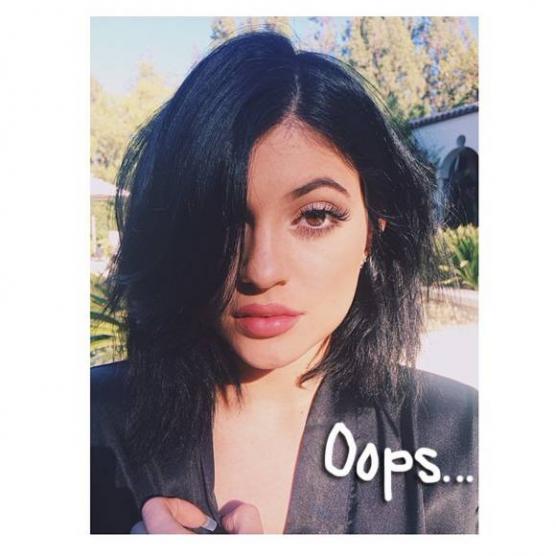Dear Chris Riotta of Mic and Justin Bieber,
Both of you recently put words on the Internet that were not only intellectually ignorant, but malicious and offensive to black women all over the world.
“While Stenberg’s point is an important one, Bieber’s should be heard as well. Though Jenner is a major figure in pop culture with access to a loud microphone to talk about important issues, it doesn’t necessarily follow that she should be expected to do so at every possible moment. She is, after all, a teenager.”-Chris Riotta
Amandla Stenberg’s competent critique of Kylie Jenner’s recent culturally insensitive instagram post was not an attempt to blast Jenner in the hopes of engaging a petty feud. Instead, it was an attempt to educate. Stenberg has been and continues to use her celebrity status to shine a light on something that is not always discussed by mainstream media.
Cultural appropriation is arguably one of the biggest problems plaguing white people. Ignorance to culture and the appropriation of it oftentimes gives white people a sense of entitlement to the things people of color create and, by extension, the bodies and lives of people of color. While the Jenner sisters can be praised for wearing cornrows and dreadlocks and Marc Jacobs is credited for the creation of mini buns (aka bantu knots), black girls are told that their self-created style and way of existing is ghetto and trashy.
Jenner’s age does not excuse her of her apparent bewilderment of current issues. Yes, she is 17, but Stenberg is 16 and is actively seeking to deter white appropriation of ethnic cultures. Malala Yousafzai just turned 18 and is building a school for Syrian refugees. No matter how young or old you are, you can make a choice to learn and respect people of color.
While the line between cultural appropriation and cultural sharing is often blurred, it should not be crossed. Yes, both of you are right, wearing cornrows does not equate to racism. Stenberg is not accusing Jenner of being racist. Instead, she is criticizing her for picking and choosing when the parts of black culture she wants to indulge in; which is a form of white privilege.
Dating outside your race does not absolve you from your ignorance or your cultural insensitivity.
Both Jenner and Bieber can wear “urban” clothes and dance to black music, but when it is time to shine a light on the police brutality black communities have been facing since 1865, you both remain silent. You can loudly date black people and have black friends to promote your created aesthetic, but when a 14-year-old black girl is violently thrown on the ground by a police officer, you remain silent.
It seems to me that you, Justin Bieber, are too concerned with being afraid of being labeled a racist that you dismiss any criticism that uses the words “black” “white” or “race” that you dismiss them at every turn. You are so afraid of being labeled a racist that you refuse to learn about the marginalization of people of color, so you put on your white privilege blinders so you are not uncomfortable.
Although the term #BlackLivesMatter mainly focuses on the unjust deaths at the hand of the state, is also applied to the struggles that happen in between life and death. It is about the stereotypical characterization of black women as jezebels and black men as dangerous and threatening. It’s about the street harassment black women face on a daily basis. It is about the constant white thievery of the things black people produce by nature of their happiness, oppression and pain — culture. It’s also about pay inequality along gender and racial lines.
So while both of you may know the names of Michael Brown, Freddie Gray and Eric Garner, you might be unfamiliar with the names of Dajerria Becton, Reika Boyd and Myra Hall. The discussion surrounding cultural appropriation is inherently one about black lives. More specifically, Stenberg’s critique is about the life and invisibility of black women; a group of people you two seem to not recognize or respect.
So yes, the discussion of cultural appropriation is vital and extremely appropriate because it is about racial inequality; an issue that is and will continue be a priority. Stenberg’s comments are not only important, but essential in the midst of the #BlackLivesMatter movement. Why? Because #BlackGirlsLivesMatter too.
















